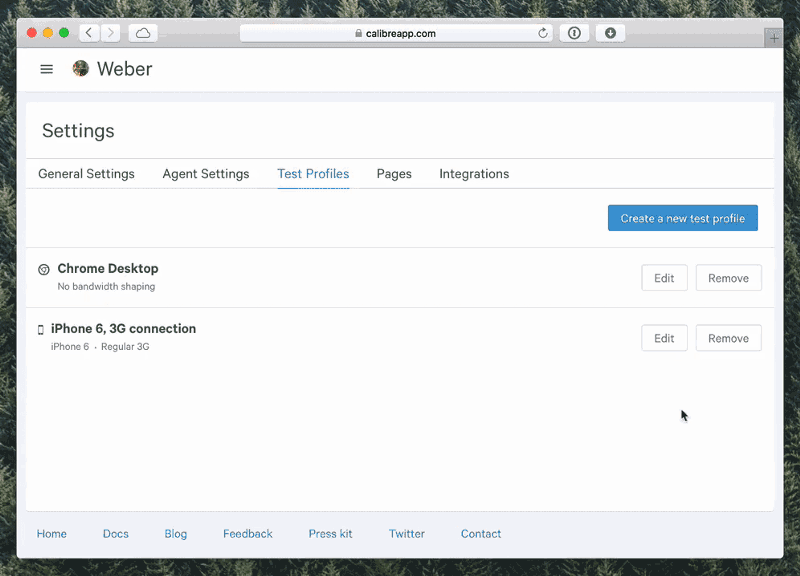Your Site without JavaScript
Original Source: https://www.sitepoint.com/calibre-your-site-without-javascript/
This post was originally published on calibreapp.com and reposted here with the author’s permission. If you’re interested in taking Calibre for a spin, you can start a free 14-day trial today.
There are plenty of reasons why the presence of JavaScript (what it does, how it works, and how heavy it is) needs to be considered a little more thoughtfully.
Web traffic today is made up of more than 50% mobile devices, of these devices, many operate under extremely volatile network connections—loading scripts alone in less than 10 seconds is nigh on impossible in many situations.
If you’re working on a single page app, with no reasonable content-only fallbacks, this can be far more damaging than you may think—users will be watching a white screen, with partial content, for a long time.
According to Google’s DoubleClick, when comparing sites that load in 5 seconds to sites that load in 19 seconds, the faster sites had 70% longer average session lengths, 35% lower bounce rates and 25% higher ad viewability than their slower counterparts.
Performance is important, there’s no doubting that, but what common negative impacts does JavaScript have on our sites? How are we currently evaluating performance?
Let’s Have a Brief (but Constructive) Look at the Cost of JavaScript
When commonly auditing the performance impacts of JavaScript, we look at:
The number of render-blocking scripts present on the page
How long scripts take to download, and the amount of data transferred
But what we’re often missing is what happens thereafter…
Once the device has downloaded the scripts, they must be parsed, converted to bytecode, compiled and then executed.
Parse and compile time are two reasons why the same site that works great on your $3000 MacBook, feels kind of janky on a 2-year-old smartphone.

The above graphic compares Chrome parse/compile times on a regular desktop browser, verses a low power mobile device. This graphic is taken from Addy Osmani’s excellent article titled “JavaScript Start-up Performance”.
Ouch.
Let’s say, as an experiment, that we removed all scripts to establish a performance baseline, to answer the question “Just how fast could this be?”.
Calibre exists to make it trivial for teams to have better visibility to more areas of performance and user-experience, so in the spirit of that, you can now run a direct comparison of your site with, or without JS—as a Test profile.

?Now you’re testing with and without JavaScript
I enabled the ability to disable scripts, and run a few test runs against popular global news sites, both with, and without JavaScript.
Continue reading %Your Site without JavaScript%



Leave a Reply
Want to join the discussion?Feel free to contribute!